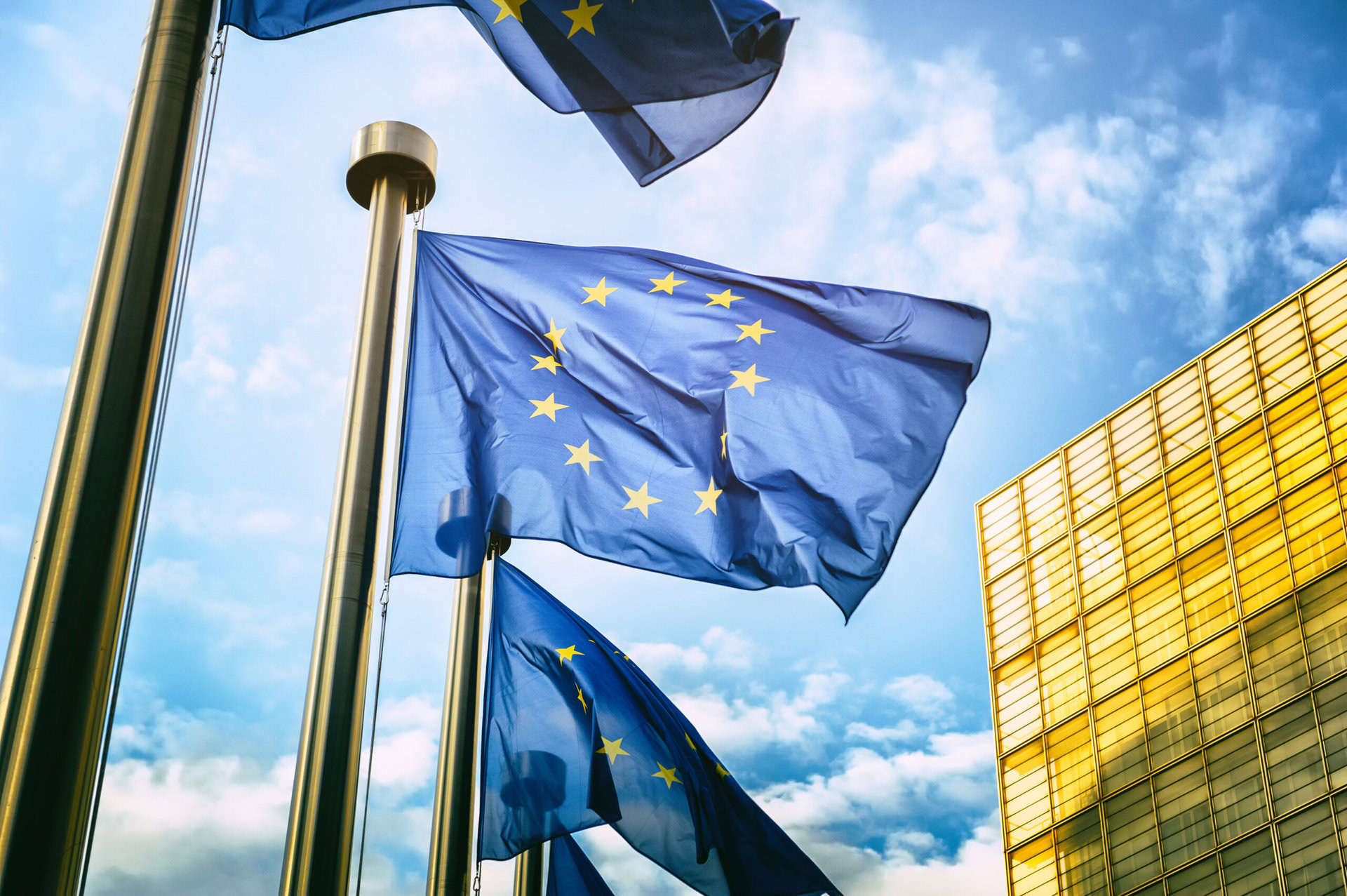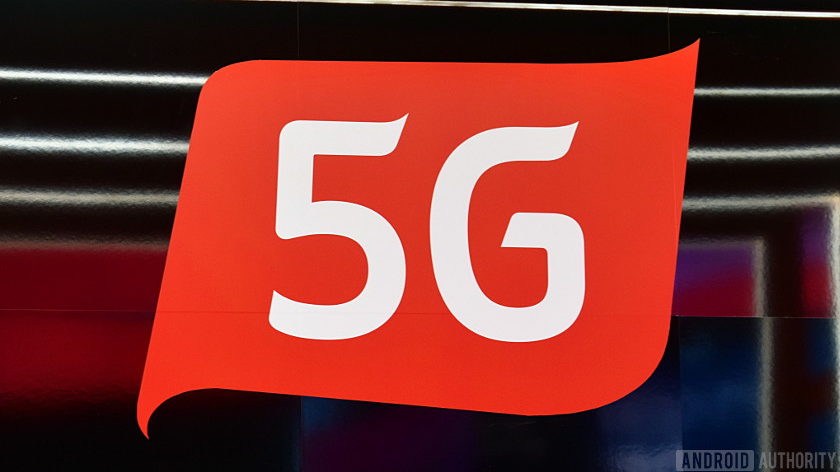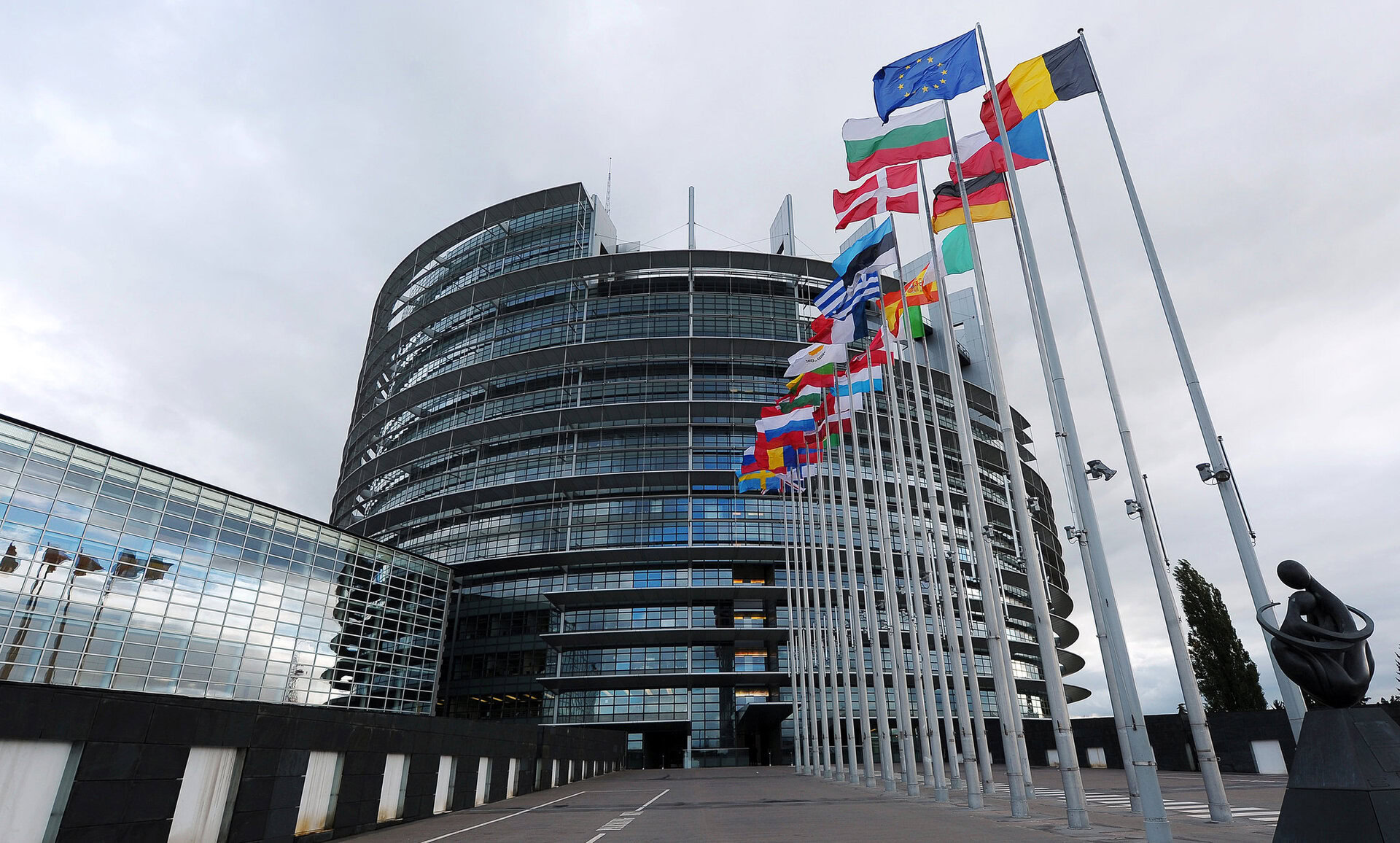Affiliate links on Android Authority may earn us a commission. Learn more.
Europe promises free Wi-Fi for all, faster internet at home, and 5G

The European Commission has been pretty busy lately, not just in dealing with the post-Brexit mess, but also with their digital initiatives. With the new €120 million grant, the EU plans to provide free Wi-Fi in every EU town by 2020. It also wants to make sure that by 2025, 5G is fully deployed across the continent and every European household has an internet download speed of at least 100Mbps.
The State of the Union Address proposes to equip every European village and every city with “free wireless internet access around the main centers of public life by 2020.” The guiding principle is that connectivity should benefit everyone. In the same vein, the Commission is hoping to deploy 5G across the EU by 2025. According to the speech, this would potentially create two million more jobs in the EU.

Another ambitious plan is that the EU wants to provide a super-fast broadband connection with a download speed of at least 100Mbps to every home in the Union. This might be quite a challenge for the EU, considering the fact that at the time the 2016 EU Digital Progress Report came out, only 71% of the EU had access to a Next Generation Access connection – which promises a speed of 30Mbps+.
The proposal gets interesting when it comes to copyright and piracy issues. The EU wants the overhaul of Europe’s copyright rules and wants to empower journalists, publishers, and authors. In theory, it sounds wonderful, but real-life impacts are dubious to say the least. The proposed change is similar to laws in Germany and Spain where search engines pay when they show article snippets. Ironically, however, publishers are likely to suffer in the end because it leads to fewer snippets, fewer clicks, less traffic, and naturally, less money.
Search giants like Google clearly isn’t too happy about this part of the proposal, but it gets worse for Google. The newly-proposed Copyright Directive will insist that video platforms “have an obligation to deploy effective means such as technology to automatically detect songs or audiovisual works which right holders have identified and agreed with the platforms either to authorise or remove.” This means Google will be required to screen every video before it’s uploaded, extra work that I’m guessing Google probably would not want to do.
While the European Commission’s plan for EU’s future connectivity seems promising, its inflexible and somewhat counterintuitive copyright initiative sounds like it will end up inconveniencing the end-user, not benefitting them. But either way, my guess is the UK is out of this, so no “free Wi-Fi in every town” for my fellow Brits, unfortunately.
While the European Commission’s plan for EU’s future connectivity seems promising, its inflexible and somewhat counterintuitive copyright initiative sounds like it will end up inconveniencing the end-user.
What are your thoughts on these proposed plans? If you are a publisher or writer in the EU, do you think you will benefit from the new copyright rule? Let us know in the comments below!

Thank you for being part of our community. Read our Comment Policy before posting.